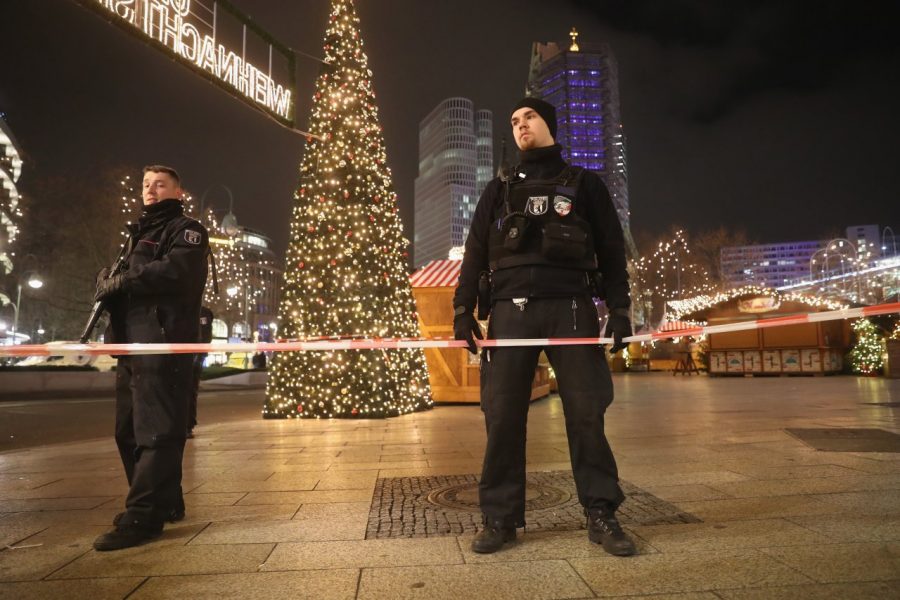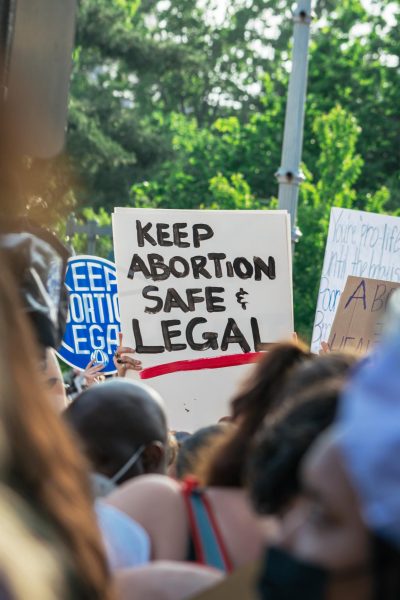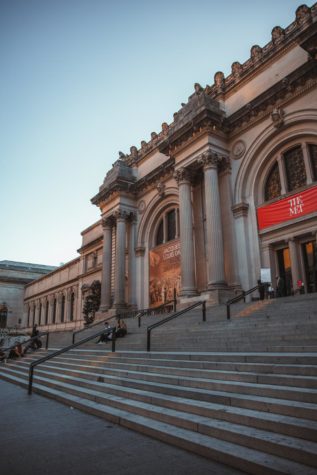Middle Eastern Terrorism: Its Causes and What the World should Do
December 24, 2016
In the past week, there have been TWO major terror attacks: the assassination of the Russian Ambassador to Turkey and the attack on a Christmas market in Berlin. In the wake of these major assaults on the West, we must ask the same question for the 89 billionth time, “How should we fight terrorism?” I believe that terrorism is caused by three things: foreign interference, religious ideologies, and a lack of economic development.
Foreign interference was the MAIN cause of widespread terrorism. When talking about the Islamic State, the story begins when the Soviet Union invaded Afghanistan, in the 1980’s. Soon after the Soviets withdrew, the ultra-conservative Muslim fighters, the Mujaheddin, began to form terrorist organizations (i.e. Al Qaeda, the Taliban, and the Al Nursa Front). See, if the Soviets did not invade Afghanistan, there would have been no need for the Afghani people to unite (under a radical Islamist banner) against the foreign invaders. “Okay,” you might say, “What about Iraq and Syria? What about them?” The story of Iraq and Syria goes back even more in history (precisely, after World War I). The Sykes-Picot agreement divided an ethnically diverse region (filled with Shia, Sunni, Kurdish, Jewish, Palestinian, and Arab peoples) into strange and arbitrary countries that did not make sense, ethnically. Eventually, strong dictators (such as the Assads and the Husseins) took control of these nations. When these dictators were in power, terrorist groups did not have much power and could not form easily. However, when the United States destabilized the region (under presidents Bush and Obama), terrorist groups began to fill the vacuum of power left behind. The solution to this problem is to NOT change any more regimes and install moderate strongmen in countries that have been compromised by the United States.
Ethnic feuds and religious loyalties are key factors in the Middle East. By pushing all of the most hostile ethnic groups into a single country, the British made Iraq into a powder keg ready to be detonated. Traditionally, the Sunnis and Shia Muslims have been enemies (ever since a succession struggle between Muhammad’s son, Ali, and the first Caliph). Iraq, being a 50-50 Sunni-Shia country, has been ruled (for many years) by the Sunni leader, Saddam Hussein. However, when Iraq held its first elections, the Shia-led government came to power. This government began to oppress the Sunni Muslims, which led former members of the Sunni Baath Party to join ISIS. This religious divide has been a key obstacle to Middle Eastern peace. The solution to this religious dilemma is to counter radical Islamic terrorism with the voices of moderate Muslim imams. Also, the governments the United States installs into power must guarantee religious tolerance for all loyal citizens. By doing that, Middle Eastern peace may be achieved within our lifetime.
Economic conditions have contributed much to the growth of radical Islamic terrorism. Many of ISIS’s foreign fighters were recruited from areas that faced poverty and great distress after U.S. interference. Some of these people were displaced by the Syrian civil war (which was encouraged by the United States, who supports the rebels) and others faced persecution after the Baath party of Iraq was ousted in 2003. No matter what, these people came to find opportunities (in the Islamic State) they couldn’t have anywhere else. Thus, they followed the promises ISIS made into a trap made out of certain death. We, as a nation, must install strong-man governments (like that of Egyptian President El-Sisi) that will rebuild the infrastructure of their countries and give economic opportunities to all people.
Terrorism is a difficult issue to confront. The politically correct media does NOT want to tackle this issue. I believe that with the cessation of United States’ policing of the world, the cooperation of strong governments and moderate Muslims, and the economic rebuilding of the Middle East, we can achieve a peaceful future for the world to come.













